For the industrious mind, any environment can transform into a learning space. That mind will just find a way to create one. We can observe examples of this throughout the economic-social strata, where children who were less fortunate resource-wise discovered ways to learn, found libraries, books, observed the public behavior, contemplated and produced original ideas. It was almost as if that crucible was necessary for the brilliance to flourish; it’s personal initiation.
We may also have examples of people who were born with more abundant resources but demonstrated a slower learning capacity, or failed to make high-level original use of the resources available.
A common observation we all could see today is increased Internet and mobile device access in society. With the near-infinite access to information on the Internet, there are just as many ways to gain knowledge. For the population on this planet that has a smart device, the learning challenge then isn’t necessarily what we have access to, since we can Google a curiosity and surf through numerous pages to research.
The challenge is the individual’s capacity for intrinsic learning. Opposite of having some external entity tell you what to study, an intrinsic motivation is self-directed. The drive comes from within you. No one needs to tell you that you have to improve analytical skills. You detect that from your own life experience and the feedback reality provides based on your skills’ performance, based on how you live.
With intrinsic learning motivation, not only are you able to move as the initiator, you’re also able to discover the means to fulfill your learning goals. Using a smart device connected to the Internet brings a myriad of ways to satisfy a learning goal.
DIY Digital Learning
Since this digital society is more integrated, I’ve included here some practical methods I deploy regularly. Perhaps they will resonate with you:
- Use YouTube
- Scan for channels that support your learning goal
- Use channels for obtaining consistent information flow; with enough diverse content, you end up creating your own customized newsfeed. Mainstream television stations become less important.
- Ensure you subscribe to your chosen channels and turn the notifications on.
- When you have enough of these regularly-posting channels, you will have established your own source for consistent news and knowledge, greatly reducing the need to mindlessly watch the basic television stations for quality content.
- Use Social Media
- Instead of the pressure to post content, you can follow key accounts for information flow and staying on top of brands, concepts & can engage when desired. Same for Twitter, Facebook or whatever other SM you work with.
- You shift from a mindless scrolling mindset to an information-detection & engagement mindset.
- An example: with proper notifications on key social media accounts, you can receive current events, news, updates, valuable presentations through your smart devices and tune in for cutting-edge knowledge. Or you can bookmark or save the content for a later time to engage. This empowers you to step out of mindless scrolling through useless content.
- This method facilitates rapid learning, because with diverse accounts and notifications, you absorb a more holistic, worldly understanding [ideally, you’re following or subscribed to content that challenges your mind instead of just supports what you already think] that avoids groupthink.
- I also understand the desire to remove oneself from the social media platforms for mental health reasons. Do what you must. The Social Dilemma proves why we should engage with discernment. There are many other options out there.
- Whole-Brain Learning Tips
- The ability to generate scenarios makes the difference between who just knows and who knows and can apply knowledge. When you absorb information from these sources, challenge yourself to come up with situations that demonstrate the concepts. The extrapolation will help you to develop subject mastery.
- You can make concept diagrams about what you learned on through Canva. Save it on the phone, tablet or print it out for further study.
- Whole-brain learning can enhance the cognitive experience. For example, stretch while studying a math concept. Do pushups while considering a new business strategy. Run while contemplating or describing a story recently read. I may stretch, kick, do breathing exercises among other activities while reading.
- Pace and remove incoming stimulation from sources like the TV or computer. I observe it’s more popular to wear headphones and play music while studying these days, but deep work, establishing depth to obtain mastery requests that we have the least to zero-incoming stimulation to totally concentrate on the main task. Only when the subconscious computer is programmed to a degree that the knowledge is ingrained, performed without conscious thought could these stimulations coexist with learning or training.
- While traveling there are ample opportunities to delve into a subject: waiting for the train or bus; in the car on red lights or slowed traffic [can listen to an audiobook in the vehicle]; while on public transportation; sitting down at an eatery; sitting at a park; while on a long line waiting to be served in a store. Take your pick. The brief intervals can and do accumulate if done consistently. Among the checkpoints I described here could involve over an hour’s worth of learning time.
- If you have access to a mobile smart device, you can use all learning means to advantage. Write in a journal, type on the smart device, use the voice feature to transcribe your voice to text. Use the audio recording function to save MP3-4 files of your thoughts for future research.
Just from these examples you can see there’s less excuse today to be willfully ignorant, especially if you have Internet access and a mobile device. It’s one state to understand we don’t know something, another state to say we don’t understand, and another to recognize these and take action to discover. Through the curiosity superpower we become capable of transforming from not knowing to knowing.
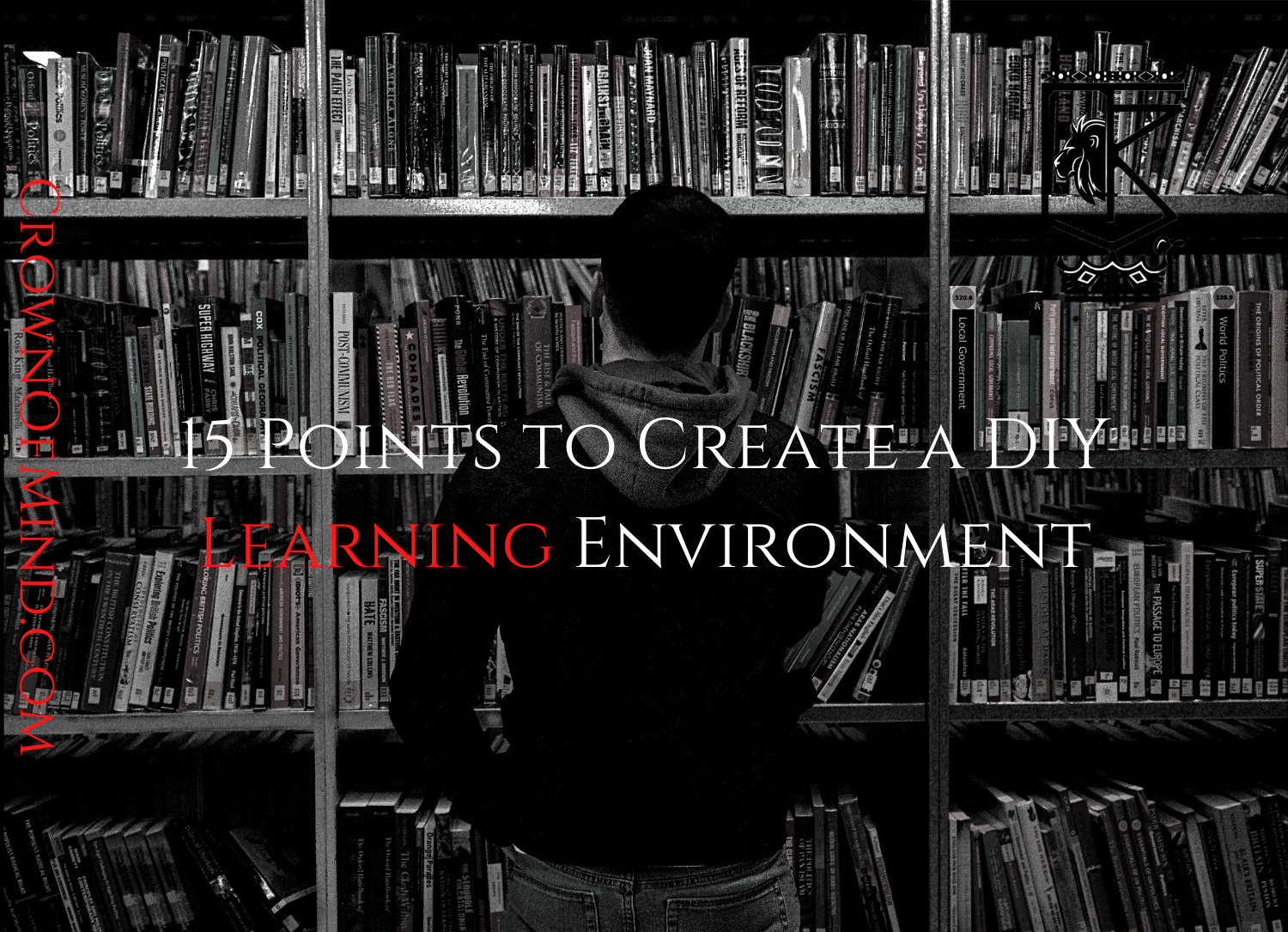

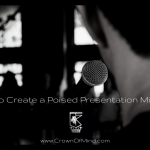

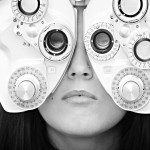
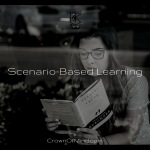

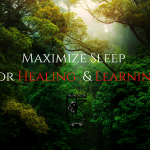



[…] emphasis on reading is a solution to helping others expand their realities. With a book, particularly with fiction, […]